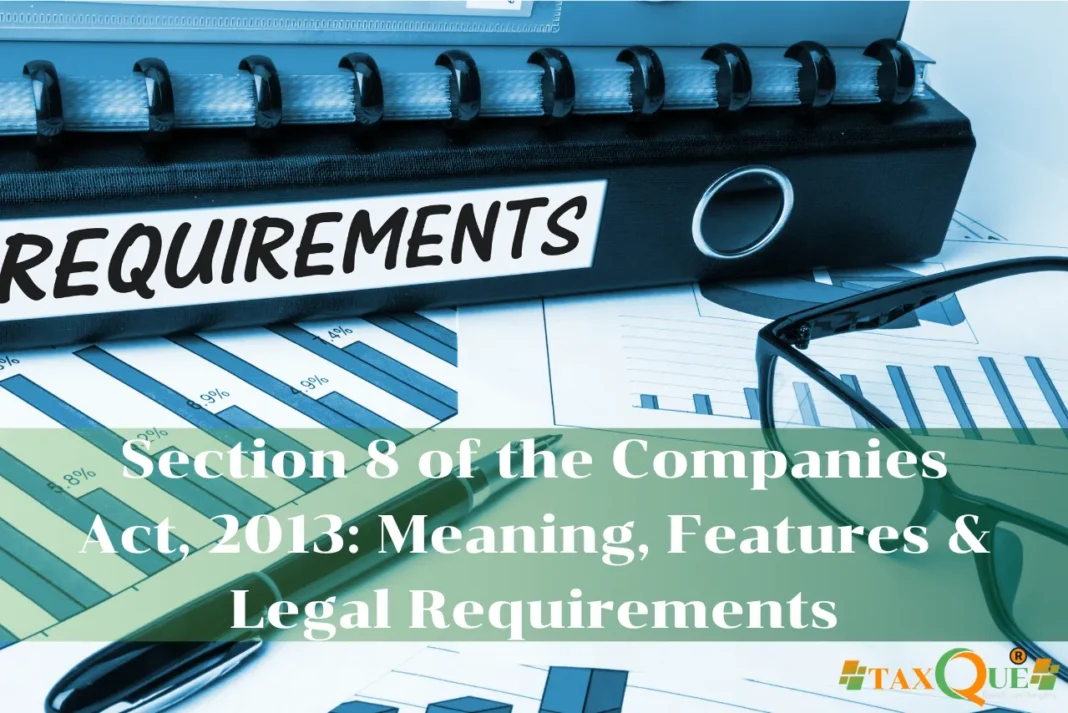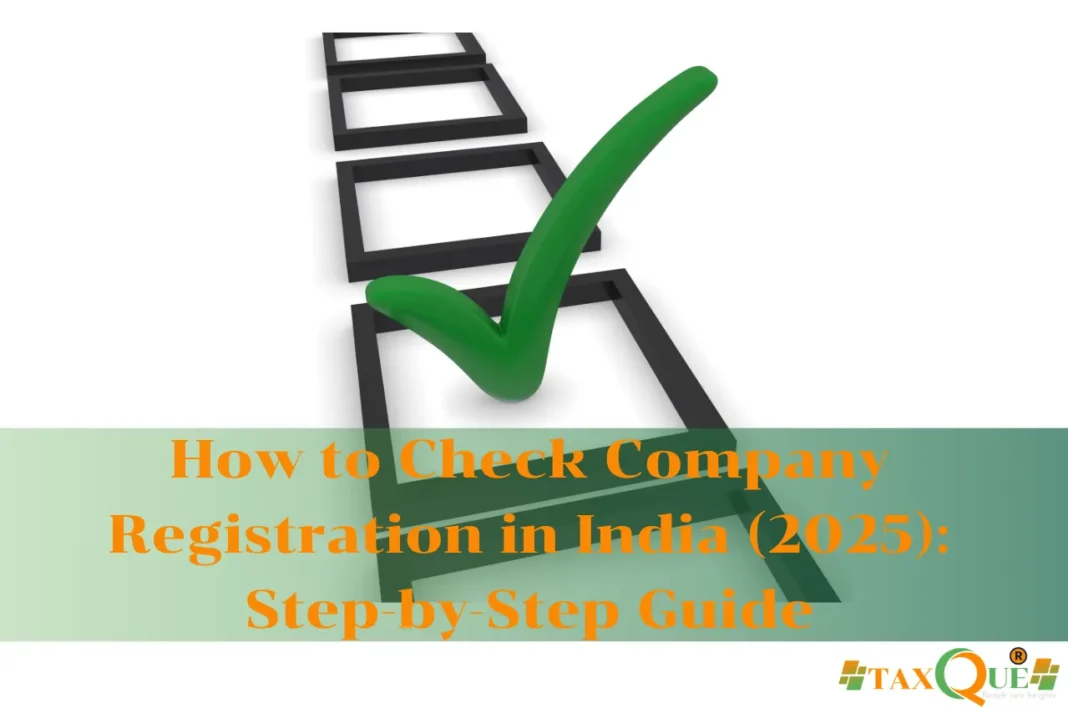Section 8 of the Companies Act, 2013
Section 8 of the Companies Act, 2013 is the cornerstone law for setting up non-profit companies in India. Known as Section 8 Companies, these entities are formed to promote social, charitable, or similar objectives. They work only for public welfare—not for profit—and must use their income solely to fulfill their stated mission.
Section 8 Company – Key Features and Legal Provisions
| Feature/Requirement | Description |
|---|---|
| Allowed Objects | Commerce, art, science, sports, education, research, charity, etc. |
| Profit Distribution | Not allowed; profits must be reinvested in company objectives |
| License Requirement | Central Government/ROC license mandatory |
| Minimum Capital | No minimum paid-up capital required |
| Company Name | Cannot use “Limited”/“Private Limited”; uses “Foundation”, “Society”, etc. |
| Legal Status | Separate legal entity, limited liability |
| Tax Benefits (with further registration) | Eligible for 80G/12AA after approval |
| Asset Dissolution Rule | On winding up, assets go to similar Section 8 company |
1. What is a Section 8 Company?
A Section 8 company is a non-profit organisation registered under Section 8 of the Companies Act, 2013. Its only purpose: promote charitable or socially beneficial causes like education, research, religion, environmental protection, or welfare—never commercial profit. Any earnings must be used solely for these objectives, and no dividend can be paid to members or shareholders.
2. Legal Provisions of Section 8
- Section 8(1): Permits formation of companies working exclusively for social or charitable goals, with profits only going towards these goals.
- Section 8(2): Such companies must get a licence from the Central Government (Registrar of Companies). This replaces the regular “Limited”/”Private Limited” status.
- Section 8(3): Must stick to declared objectives; violating conditions can lead to cancellation of licence and loss of non-profit status.
- Section 8(6): If the company is dissolved, its assets must be transferred to another Section 8 entity—not distributed to its members.
3. Benefits of Registering a Section 8 Company
- Credibility: Strong structure and government regulation build public and donor trust.
- Tax and Grant Eligibility: Once registered, Section 8 companies can apply for government grants, CSR funds, and tax exemptions (80G, 12AA).
- Limited Liability: Members’ liability is restricted to their share.
- Perpetual Succession: Continues to operate regardless of membership changes.
- No Profit Motive: Guarantees transparent use of donations and funds.
4. Compliance & Operation Rules
- Must maintain books of accounts and undergo annual audits.
- Every income or profit should go back into furthering the company’s objectives.
- Must adhere strictly to the conditions of the Central Government licence.
- Non-compliance can lead to revocation of licence, conversion to a different company category, or winding up under court directions.
5. Common Names & Examples
Most Section 8 companies prefer names like Association, Foundation, Council, or Society. Some renowned examples include educational trusts, charitable healthcare foundations, wildlife conservation bodies, and non-profit research institutes.
Frequently Asked Questions (FAQs)
Q1. Can members or directors take profit from a Section 8 company?
No, direct or indirect distribution of profits as dividends is strictly prohibited. All surplus is reinvested in company objectives.
Q2. Do Section 8 companies have better credibility than Trusts or Societies?
Generally, yes. Due to more rigorous compliance, transparent reporting, and strong regulatory oversight, Section 8 companies often enjoy higher trust from donors and government agencies.
Q3. Is there any minimum capital requirement?
No minimum paid-up capital is needed for Section 8 company registration.
Q4. Can Section 8 companies receive foreign donations?
Yes, but only after registering under FCRA (Foreign Contribution Regulation Act).
Q5. Where can I get help in setting up a Section 8 company?
Platforms like TaxQue provide professional support for company incorporation, compliance, and tax filings for non-profits in India.
Conclusion
Section 8 of the Companies Act, 2013 provides a robust legal structure for non-profit companies in India. If your goal is to create an impactful, accountable, and credible organisation for a social cause, Section 8 registration is the gold standard—ensuring your funds, name, and work are protected by law.





